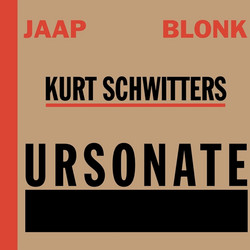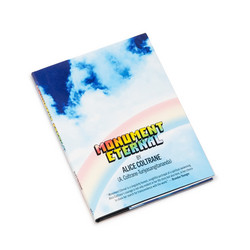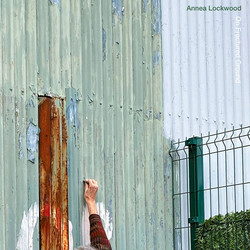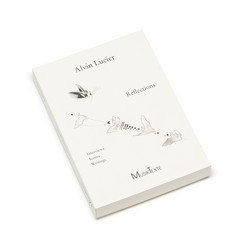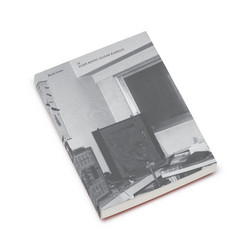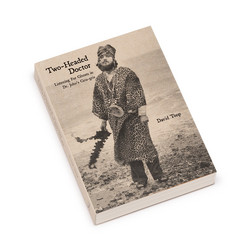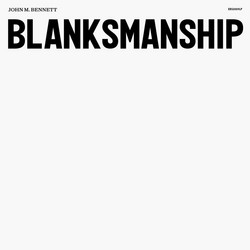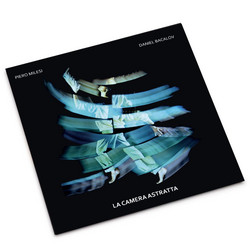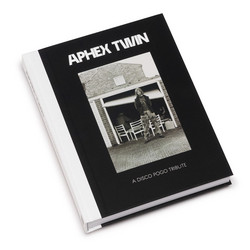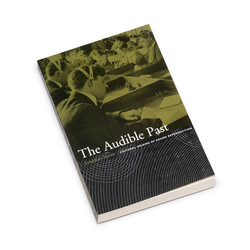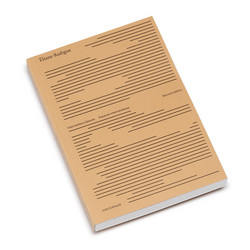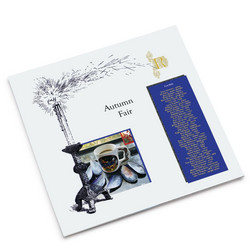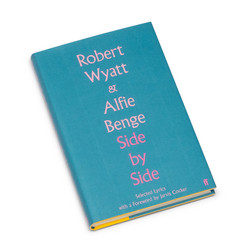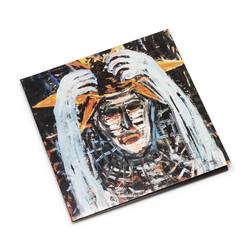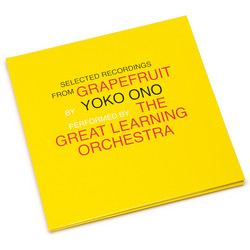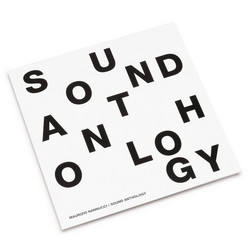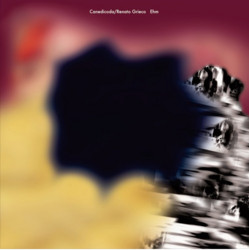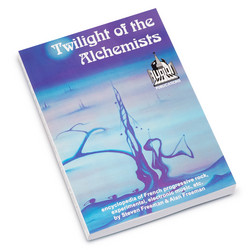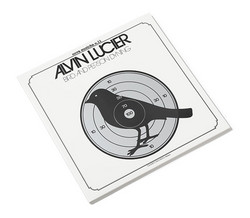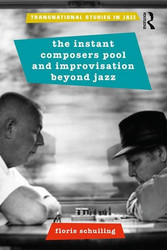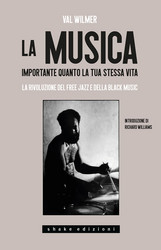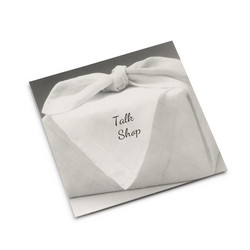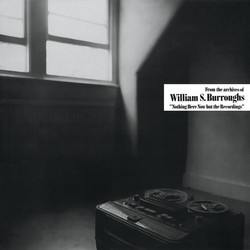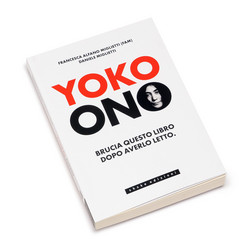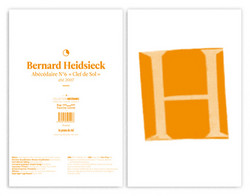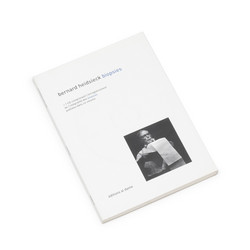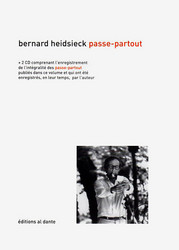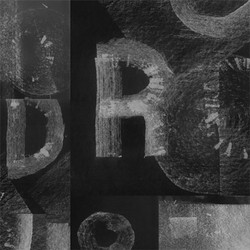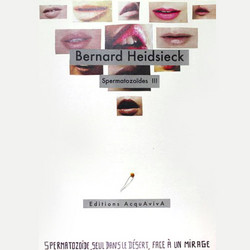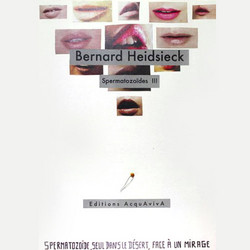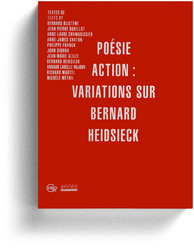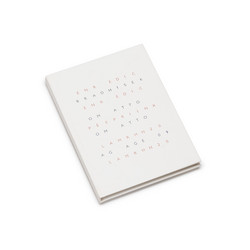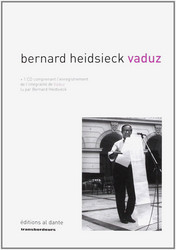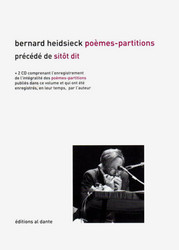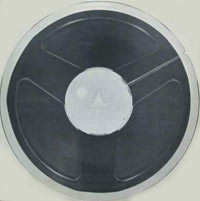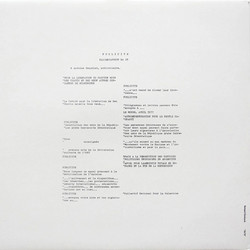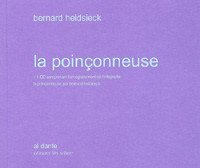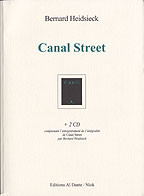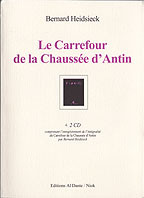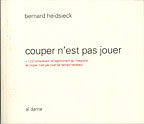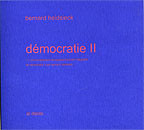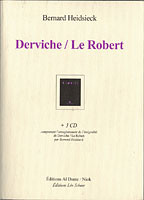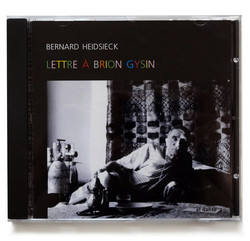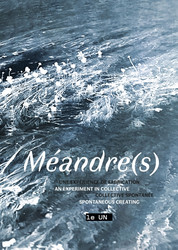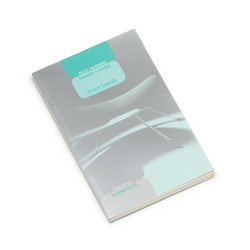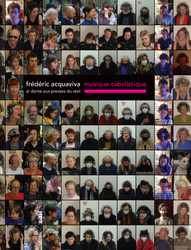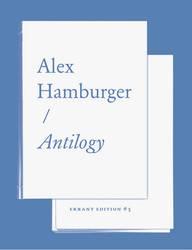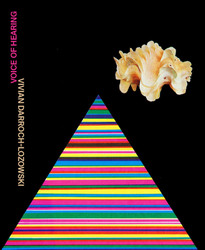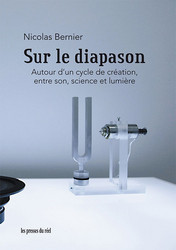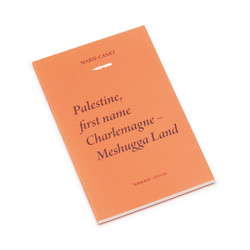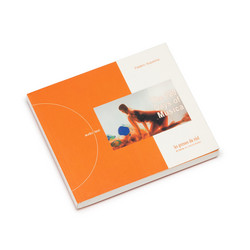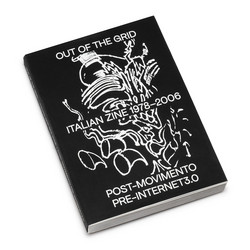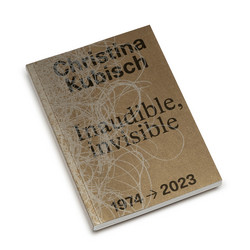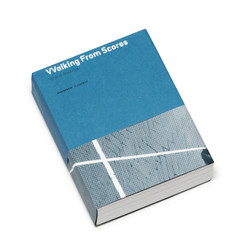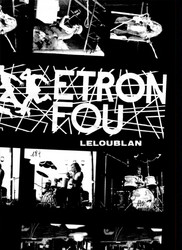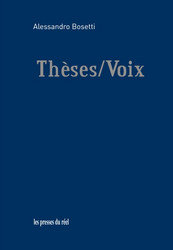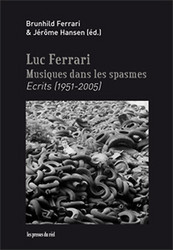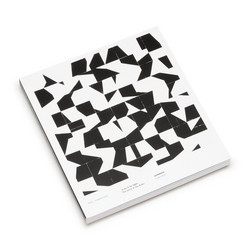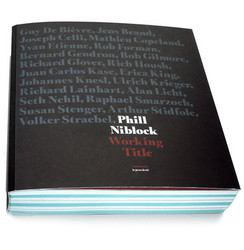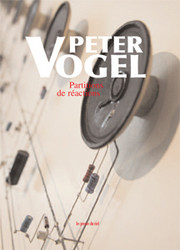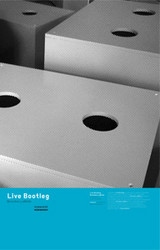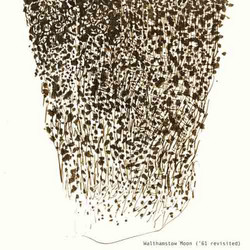Bernard Heidsieck
Tapuscrits – Poèmes-Partitions, Biopsies, Passe-Partout (Book)
* 2021 Stock. French edition * The collection of typescripts of the pioneer of sound poetry: a monument of some 1200 pages that offers an original approach to one of the most inventive, striking and influential poetic works of the second half of the 20th century, through 120 facsimile "scores", revealing for the first time the writing, in its visual and graphic dimension, which precedes and determines public reading. This publication brings together all the typescripts of the Poèmes-Partitions, Biopsies and Passe-Partout, texts designed for the most part to be performed and "acted" in public, all digitised one by one in order to render them as literal as possible. From this abundant material emerges a long life of readings and performances, festivals and encounters, a life to imagine and build a modern and living poetry that continues to mark a whole generation of young artists.
Bernard Heidseick (1928-2014) decided in the mid-1950s to break off from written poetry, and to bring it outside of books. He opposed passive poetry to active poetry, to an “on its feet” poetry, in his own words. Starting in 1955 he was one of the founders of Sound Poetry, and in 1962 of Action Poetry. As early as 1959 he used a tape recorder as an additional means for writing and retransmitting, opening his research to new experimental fields.
While remaining concerned with semantics, Bernard Heidseick became inc is reasingly independent from the constraints of language. He explored all its formal aspects, either by spatializing the text in his written scores, or by the presence of his body in space. He gave sound a formal dimension, notably through an exceptional diction based as much on breathing as on articulating perfectly or on constantly renewing the inflections of his voice.
As the years went by he reinvented his writing in order to render our daily life more accurately. Our social, political or economical universe, through its main events, as well as through its extreme ordinariness. In 1955 he developed his first Score-Poems. He then worked continuously on series, with the 13 Biopsies between 1966 and 1969. From 1969 to 1980, he created the 29 Passe-Partout (Catch-alls). From 1978 to 1986, he wrote Derviche/Le Robert (Dervish/Le Robert) composed of 26 sound poems. Then, beginning in 1988, Respirations et brèves rencontres ( Respiration and Brief Encounters) (60 poems created from the archives of recordings of artists' breathing).
At the same time he organized in 1976 in Paris at the Annick Le Moine Studio the first International Festival of Sound Poetry, and along with Michèle Métail, the International Festival of Sound Poetry in Rennes, at Le Havre and in Paris at the Centre Georges Pompidou. For many years he helped organize the Polyphonix Festival, which he presided for a while. He has organized over 540 public readings of his texts in twenty different countries.
